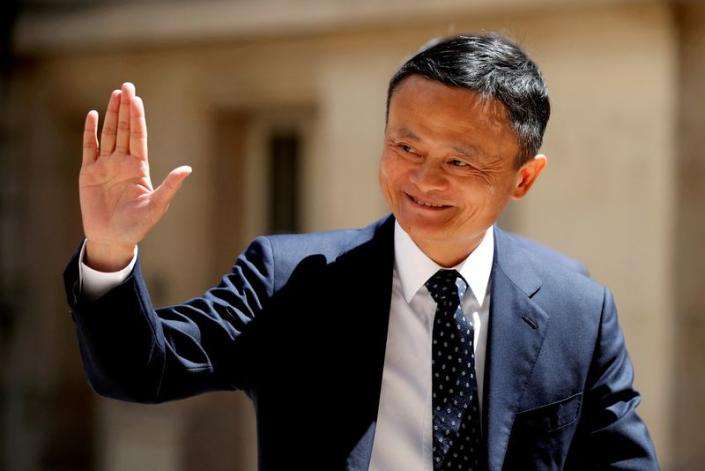[Barcelona, Spain, June 29, 2021] During MWC Barcelona 2021, Huawei Executive Director and President of Carrier BG Ryan Ding said, operators have seen faster revenue growth in countries where 5G is developing faster; ICT infrastructure, as the cornerstone of the digital economy, is playing an increasingly important role in the new normal created by the pandemic.
During his keynote speech, Ding emphasised that the value of ICT transcends the telecoms industry and has transformative implications for the global economy as a whole.
“The rapid development of digital infrastructure driven by 5G will add EUR1.9 trillion to the Chinese economy in the next five years. We see the same in South Korea and Europe,” said Ding.
5G Business Applications
5G has been applied in over 1,000 projects in more than 20 industries including steel and mining, enabling safer and more efficient production. Ding said the lessons learnt from Chinese operators’ experience is that the success of 5GtoB depends on three factors.
“First, selecting the right industries. Operators should choose target industries by looking at four aspects: demand, affordability, replicability, and technical feasibility. Second, defining the scope of your offerings. Operators can serve as network providers that offer connectivity services. They can also serve as cloud service providers, or even system integrators that provide end-to-end integration services. Different roles require different skillsets and yield different business value. Third, designing innovative business models. This is key to replicating 5GtoB success at scale,” said Ding.
5G for consumers
In the 5GtoC market, Ding observed, there are three steps an operator can take to succeed. The first is to speed up 5G deployment, with targeted network planning and investment based on precise insights into high-value areas, key scenarios, and potential users. The second is to accelerate 5G user migration, and the third step is to create value-driven, flexible pricing models.
“During the pandemic, there is a growing demand for home broadband, and this has highlighted the advantages of 5G FWA that enables rapid deployment and contactless O&M. Middle East operators have achieved remarkable commercial success by taking FWA as a key use case of 5G,” said Ding.




